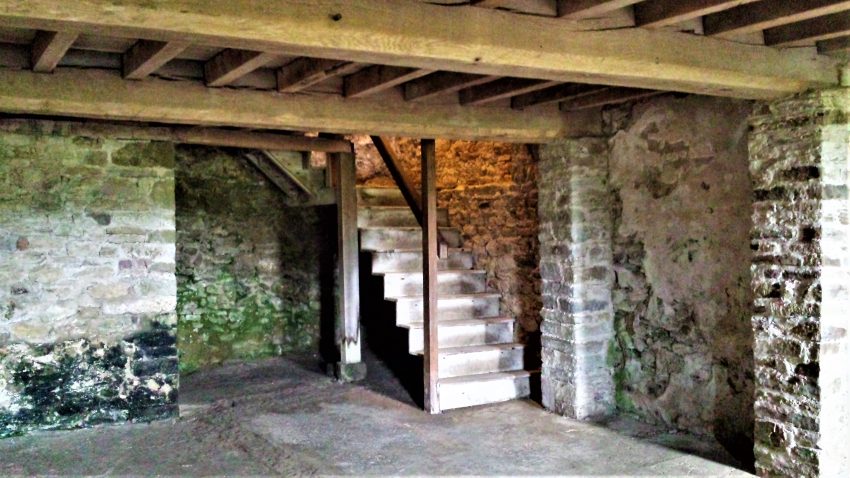Introduction: A basement is a valuable asset in any home, providing extra space for storage, leisure activities, or even additional living areas. However, basements are often susceptible to water infiltration and moisture-related issues. This is especially true in regions like Suffolk, where the climate can bring about a host of challenges. In this blog, we will delve into the importance of Basement waterproofing Suffolk and explore various effective solutions to keep basements dry and secure.
Understanding the Need for Basement Waterproofing: Suffolk’s climate, characterized by its fair share of rain and potential flooding, can pose a significant threat to the structural integrity of homes, particularly their basements. Without proper protection, water can seep through cracks, foundation gaps, and porous materials, causing mold growth, deterioration, and even compromising the overall foundation. To mitigate these risks, basement waterproofing becomes a necessity rather than an option.
Common Causes of Basement Water Infiltration: Before delving into the solutions, it’s important to understand the various ways water can find its way into your basement:
- Rainwater: Heavy rains can saturate the soil around the foundation, leading to hydrostatic pressure and pushing water through cracks.
- Improper Grading: Poorly graded landscapes can direct water towards the foundation, increasing the risk of leakage.
- Faulty Gutters and Downspouts: Inadequate drainage from gutters and downspouts can lead to water pooling around the foundation.
- Foundation Cracks: Over time, foundations can develop cracks, providing a pathway for water to infiltrate.
- Hydrostatic Pressure: As water accumulates in the soil around the foundation, hydrostatic pressure can force water through porous materials.
Effective Basement Waterproofing Solutions:
- Interior Waterproofing:
- Sump Pump Installation: A sump pump collects water that accumulates in a pit and pumps it away from the basement, keeping the area dry.
- Interior Drainage Systems: These systems collect and channel water towards the sump pump, preventing it from pooling on the basement floor.
- Sealing Cracks: Cracks in the foundation can be sealed using hydraulic cement or epoxy injections to prevent water seepage.
- Exterior Waterproofing:
- Foundation Waterproofing: Applying a waterproof membrane or coating to the exterior foundation walls can prevent water penetration.
- Proper Grading: Ensuring that the landscape slopes away from the foundation can divert rainwater and minimize water accumulation near the basement walls.
- French Drains: These underground drainage systems collect and redirect water away from the foundation, preventing hydrostatic pressure build-up.
- Exterior Maintenance:
- Gutter Maintenance: Regularly cleaning and maintaining gutters and downspouts can prevent water overflow that could lead to basement leaks.
- Window Wells and Covers: Installing window well covers can prevent rainwater from entering through basement windows.
- Moisture Control:
- Dehumidification: Using a dehumidifier in the basement can help reduce humidity levels, preventing mold growth and musty odors.
- Vapor Barriers: Installing vapor barriers on basement walls and floors can prevent moisture from migrating into the space.
